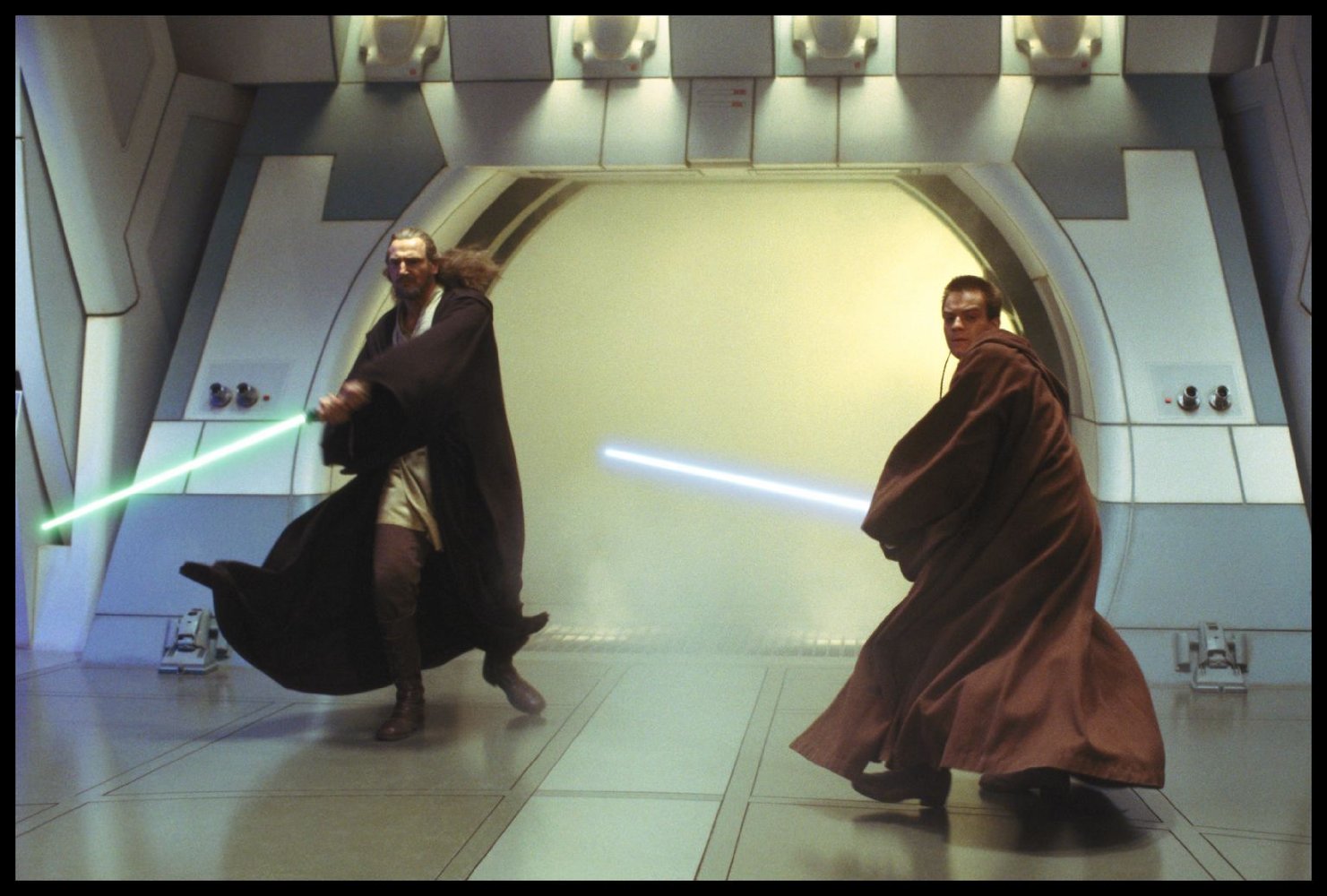
(2021) Crime Drama (Netflix) Christian Malheiros, Rodrigo Santoro, Lucas Oranmian, Vitor Julian, Josias Duarte, Clayton Mariano, Bruno Rocha, Dirce Thomaz, Gabriela Yoon, Cecilia Homem de Mello. Directed by Alexandre Moratto
We have a tendency to think that slavery is an issue that has been eradicated long before the 21st century dawned. There is nothing farther from the truth. Human trafficking continues to this day, between the white slavery trade that forces women into prostitution, to slave labor that exists in certain countries around the world. Even the United States isn’t immune, although this story doesn’t take place there.
Mateus (Malheiros) is a young man in a rural Brazilian province who is one of four men from the village who are leaving on a long, 400km ride to São Paulo, trading the lush green jungles of their home for the grey concrete and steel towers of their new home. There Mateus and his fellow villagers Isaque (Oranmian), Ezeqial (Julian) and Samuel (Rocha) are met by Luca (Santoro), a lanky bearded man who shows them to their Spartan (to say the least) quarters, little more than a cell with bunk beds for four. Luca shows them how to strip copper out of wiring and to separate various types of metal in the scrapyard.
They have come to the big city for work, lured by promises of guaranteed jobs, money sent back home to keep their families afloat and at the conclusion of their work, a return home to follow their dreams (Mateus hopes one day to become a pilot). However, Luca seems to be less-than-forthcoming about contractual matters and soon they are told that an advance has been paid to their families, which they must work off – that and the cost of their bus ride, their room and board, and such other expenses that Luca can dream up. In short, they are literally slave labor.
At first the boys are dismayed and angered. They attempt to escape, but this is met with beatings, and loss of privileges, like square meals and showers. When the police arrive, the boys are told that should they escape, the cops would be visiting their families and inflicting all kinds of mayhem on them. In short, the system the boys have found themselves in has the deck stacked against them. When this becomes obvious, Mateus proposes that should the boys speed up production that the debt be paid off in six months, after which time they would be allowed to return home. Luca agrees to this, which should be a sign that he doesn’t plan to do anything of the sort.
Luca recognizes Mateus as having a bit more intellectual capability than his peers, and soon Mateus seems to be winning the confidence of Luca, who has Mateus accompany him on jobs outside the compound, and taking on more responsibility in the yard. This breeds resentment among the three other men Mateus arrived with, particularly Isaque. Mateus is changing as he adapts to survive, but will the price he pays be worth it?
In many ways, Brazilian-American director Moratto’s second feature (his first was the Spirit award-winning Socrates) is a cautionary tale, but it is mostly a political diatribe, showing the evils of capitalism magnified through the lens of marginalized people. It is not just an indictment of Jair Bolsonaro’s Brazil, but of the entire system whose corruption and greed lead to a natural exploitation of the working class. Certainly this is not going to appeal to movie viewers who tend to lean to the right politically speaking.
Malheiros, who also starred in Socrates, has abundant screen charisma that brings the leadership qualities of Mateus to the onscreen fore. We are given access to the cost of all of Mateus’ decisions, as at first he reacts with distaste, then acceptance. He becomes corrupted by survival, willing to throw his friends under the bus in order to stay alive. He tells himself he is doing it for them (and he tells them that too) but we all see through it – Mateus has his own self-interest at heart. Capitalism is, after all, the religion of self-interest.
His strong performance is supported by equally marvelous performances by the young cast, particularly by Oranmian who captures the rage and frustration of Isaque perfectly. He makes a nice foil for Malheiros as the two butt heads throughout the film.
Malheiros uses hand-held cameras for that you-are-there feel that is popular among indie filmmakers these days, but in some ways that becomes a bit of a distraction. However, that is not a serious problem and the movie, with its grimy setting, has a sense of realism that can be a punch to the gut upon occasion.
The world needs labor in order to exist; this is a given. I think that the way labor is treated is what defines a civilization. Is labor respected, given adequate compensation for the work performed, or is it exploited for the benefit of the wealthy? Few (if any) civilizations have ever been able to pass that test with flying colors. It remains a human problem that, to date, we have been unable to overcome.
REASONS TO SEE: A timely and semi-political look at a dark secret. Strong performances by the young cast. A searing indictment on the excesses of capitalism.
REASONS TO AVOID: A little too reliant on hand-held cameras.
FAMILY VALUES: There is a fair amount of violence and profanity, as well as smoking and some sensuality.
TRIVIAL PURSUIT: While Moratto was interviewing human trafficking survivors in researching for his script, he was so taken by one that he cast him in the film.
BEYOND THE THEATERS: Netflix
CRITICAL MASS: As of 02/04/22: Rotten Tomatoes: 98% positive reviews; Metacritic: 80/100.
COMPARISON SHOPPING: Catch the Fair One
FINAL RATING: 8/10
NEXT: The Brink












